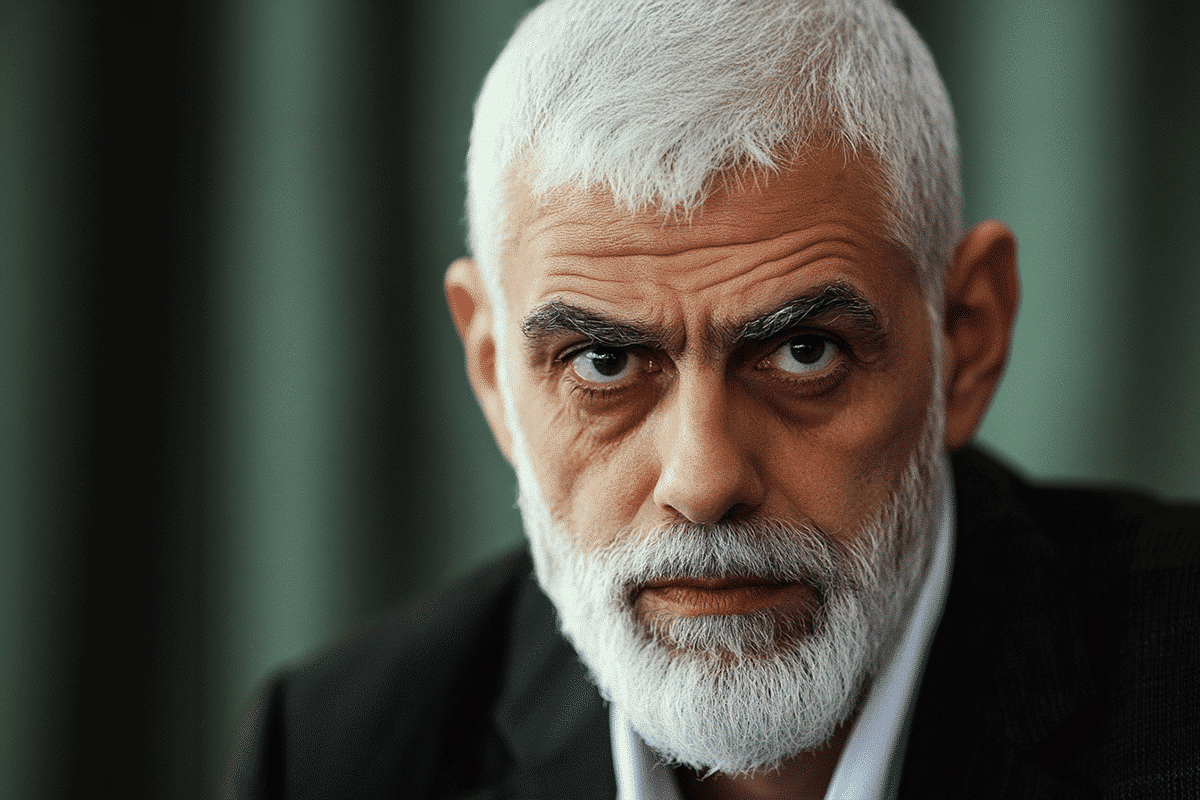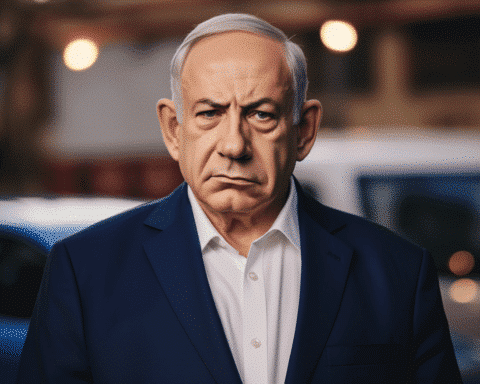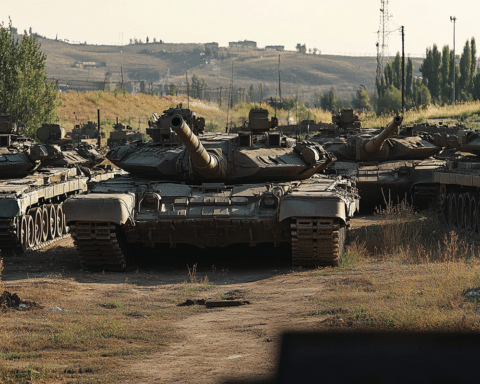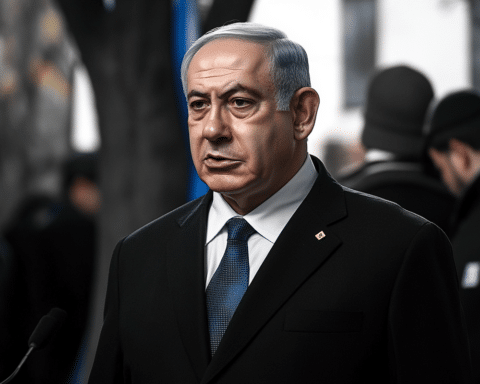Hamas has recently appointed Yahya Sinwar as its new top leader, a role he effectively assumed during the surprise attack on Israel on October 7. This change in leadership comes amidst one of the most intense and deadly chapters in the Israeli-Palestinian conflict, raising significant questions about the future direction of the conflict and cease-fire efforts.
Hard-Line Leadership
Sinwar is known for his hard-line stance and close ties to Hamas’ armed wing, contrasting sharply with his predecessor, Ismail Haniyeh. Haniyeh, who was killed in an explosion in Iran’s capital last month—a blast widely blamed on Israel—was considered more moderate and had a history of political leadership, having served as the Palestinian prime minister and managed Hamas’ affairs from his base in Qatar. His occasional openness to a two-state solution, despite Hamas’ official refusal to recognize Israel, had introduced a degree of flexibility in negotiations.
In stark contrast, Sinwar’s history is marked by brutality and military focus. He spent over two decades in Israeli prisons, during which he reportedly killed 12 suspected Palestinian collaborators. His leadership style is expected to be more uncompromising, potentially hardening Hamas’ stance in the ongoing conflict.
Cease-Fire Negotiations
Sinwar’s new role puts him at the center of any cease-fire agreements and the negotiations for the release of Israeli hostages. However, his deep hiding within Gaza complicates communication and decision-making processes. Mediators have noted that it takes several days to exchange messages with him, which raises concerns about the effectiveness of managing Hamas’ sprawling organization with cadres spread across the Middle East.
Despite these challenges, some experts believe that Sinwar’s leadership could still yield unexpected moves, suggesting that his new role might not entirely close the door on negotiations.
Defiance and Resilience
Hamas’ decision to appoint Sinwar, who tops Israel’s most-wanted list, is seen as a bold act of defiance. The organization has a history of surviving the killing of its top leaders, maintaining internal cohesion through various crises. Sinwar’s elevation continues this trend of resilience.
However, the current situation represents an unprecedented crisis for Hamas. The magnitude of the conflict, with nearly 40,000 Palestinians killed and much of Gaza in ruins, places immense pressure on Sinwar to manage the fallout effectively.
Continued Conflict
The appointment of Sinwar, coupled with Israeli Prime Minister Benjamin Netanyahu’s vow to continue the war until Hamas is completely destroyed and all hostages are returned, suggests a grim outlook for immediate peace. Netanyahu’s firm stance leaves little room for negotiation, and Sinwar’s hard-line approach further complicates the potential for a cease-fire.
Leadership Challenges
Sinwar’s leadership from hiding raises significant questions about Hamas’ ability to function effectively. Historically, Hamas has managed to persevere after the loss of key leaders, including its founder, Sheikh Ahmed Yassin, who was killed in an airstrike in 2004. However, the current campaign of targeted killings by Israel, which has claimed the lives of numerous Hamas commanders, including the shadowy head of Hamas’ armed wing, Mohammed Deif, poses a severe challenge.
The deaths of senior leaders like Saleh Arouri in Beirut and the ongoing targeting of Hamas figures have likely forced remaining leaders to restrict their movements, potentially degrading the organization’s operational capabilities. Despite this, Hamas continues to enjoy significant support among Palestinians, although it does not represent a majority consensus.
Hardening of Hamas
The elimination of senior Hamas leaders, who cannot be easily replaced, has had a qualitative impact on the movement. The recent killings appear to have pushed Hamas in a more hard-line direction, with Sinwar’s appointment reinforcing this shift. As the new leader of Hamas, Sinwar is expected to maintain a tough stance against Israel, potentially prolonging the conflict and complicating any efforts toward a peaceful resolution.
Yahya Sinwar’s rise to leadership marks a pivotal moment for Hamas and the Israeli-Palestinian conflict. His hard-line stance and military background suggest a continued and possibly intensified conflict, with significant implications for cease-fire negotiations and the overall stability of the region.




